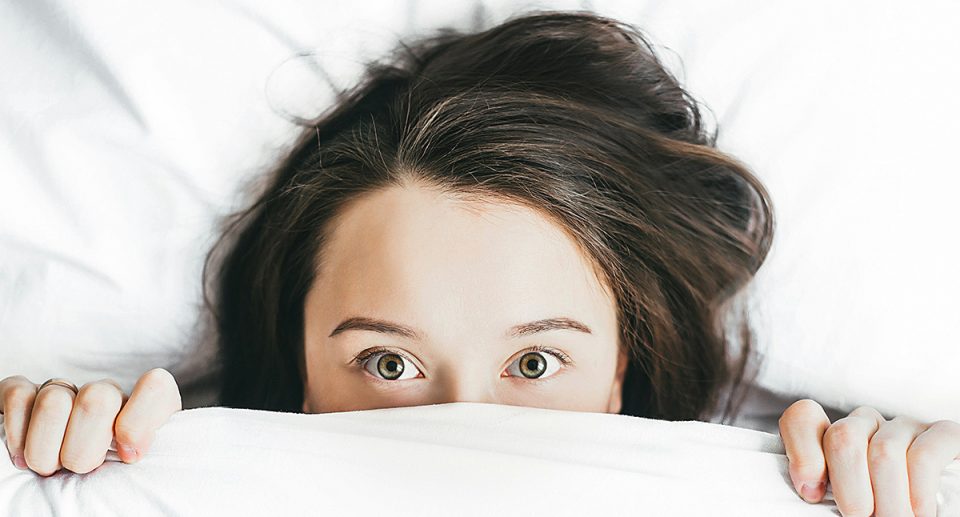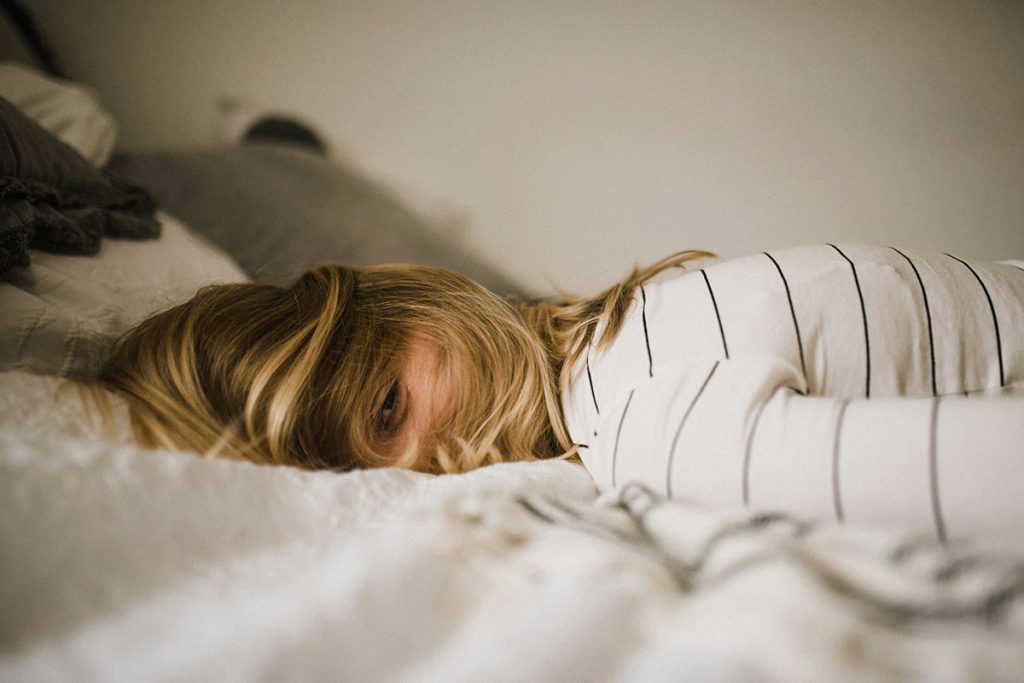10 Of the worst sleep mistakes

Achieving restful sleep, despite dedicating a significant portion of our lives to it, can be a challenge. Data from the CDC shows that one in three Americans and 18% of Britons, according to a 2020 YouGov poll, do not meet the recommended seven to nine hours or six hours of sleep per night, respectively.
This sleep deficiency can lead to health issues such as reduced focus, memory problems, mood disturbances, weakened immunity, and disrupted hormone regulation.
While some sleep factors are beyond individual control, we can address common sleep mistakes with actionable strategies.
Sleep mistake 1: Misjudging your sleep needs
It is common for individuals to underestimate the amount of sleep required for optimal functioning. While experts typically recommend seven to nine hours of nightly sleep for adults, this is a general guideline, and individual sleep requirements can vary significantly.
Notable figures like Margaret Thatcher, known for sleeping only four hours a night, and actor Dakota Johnson, who feels non-functional with less than 10 hours of sleep, demonstrate this variability.
Monitoring one’s mood and performance can offer insights into whether sufficient sleep is being obtained. Symptoms like irritability, difficulty concentrating, or daytime drowsiness may indicate a need for more rest.

Sleep mistake 2: Imbalanced eating habits
Achieving a balance in sleep regulation is akin to the Goldilocks principle, especially concerning dietary habits. Consuming excessive food shortly before bedtime can lead to discomfort, indigestion, and heartburn, disrupting the ability to fall and stay asleep.
Conversely, insufficient pre-bedtime eating may trigger hunger pangs, further interfering with sleep. Aligning meal times with a consistent schedule of three meals each day can help regulate hunger levels and support healthy sleep patterns, mirroring the rhythm of our sleep-wake cycles.
Sleep mistake 3: Pre-bedtime screen usage
A prevalent sleep mistake is engaging with screens before bedtime. The blue light emitted by smartphones, computers, and televisions can heighten alertness, potentially delaying the onset of sleep. While the extent of blue light’s impact on sleep remains debated, the stimulating nature of screen content, such as exciting TV programs or social media updates, can also hinder the ability to fall asleep.
Sleep mistake 4: Lack of relaxation before bedtime
Frequently, individuals do not allocate adequate time for relaxation and winding down before sleep. Following evening activities like work, vigorous exercise, or socializing, transitioning directly to bed is akin to expecting the brain to switch off instantly like a TV.
Establishing a soothing bedtime routine is beneficial. Allotting 30 to 60 minutes for unwinding and engaging in non-stimulating activities before heading to bed is crucial. Consider jotting down tasks for the next day to alleviate worries, followed by consuming calming content to facilitate a peaceful transition into sleep.

Sleep mistake 5: Excessive napping
Napping can serve as a beneficial way to quickly rejuvenate during the day, provided the duration is limited. Prolonged naps can interfere with nighttime sleep requirements, disrupting the regular sleep pattern. Optimal nap length is around half an hour to prevent potential disturbances to nighttime rest.
Sleep mistake 6: Prolonged wakefulness in bed
While historical figures like Winston Churchill and Marcel Proust found productivity in bed, contemporary experts recommend limiting bed activities solely to sleep and intimacy. Spending extended wakeful periods in bed can condition the body to associate it with wakefulness rather than sleep.
If experiencing difficulty falling back asleep after waking in the night, engaging in relaxing, non-stimulating activities outside of bed is advised. Folding laundry or performing calming tasks until readiness to sleep again helps reinforce the bed-sleep association.

Sleep mistake 7: Inadequate weeknight sleep
Many individuals tend to cut back on sleep during the weekdays with the belief that they can compensate for it over the weekend. However, this approach does not effectively address the issue. Consistent lack of sufficient or interrupted sleep leads to the accumulation of a sleep debt.
While occasional naps or extra rest on Sundays may offer some relief, they are unlikely to fully offset the deficit. According to a 2022 study published in the journal Trends in Neuroscience, subjective impairments like sleepiness and mood resulting from one to two weeks of sleep deprivation, defined as less than seven hours of sleep, generally improve with 1-2 nights of recovery sleep.
However, certain functions such as vigilance may remain deficient even after two to three nights of recovery sleep.
Sleep mistake 8: Inconsistent sleep patterns
Frequent fluctuations in bedtime and wake-up times can disrupt the body’s ability to regulate sleep effectively. It is advisable to maintain a consistent wake-up time every morning, including weekends and days off.
While sleeping in by about an hour on weekends is generally acceptable, delaying wake-up by two or more hours may lead to ‘social jet lag’. This phenomenon can manifest in difficulties falling asleep on Sunday nights, impacting the overall sleep routine.

Sleep mistake 9: Excessive consumption of caffeine and alcohol
Both caffeine and alcohol have the potential to disturb sleep patterns. Caffeine, in particular, has a lengthy metabolic process of around eight hours. This means that a mid-afternoon coffee boost at 3 pm could still be affecting your ability to fall asleep at 10 pm.
While alcohol may induce feelings of tiredness, it does not promote restful sleep. A 2014 study highlighted that consuming large quantities of alcohol before bedtime can disrupt sleep cycles and result in fragmented, low-quality sleep.
Sleep mistake 10: Excessive concern about sleep
If implementing these suggestions seems overwhelming, try not to let it cause you undue stress. Experts emphasize that one of the most detrimental actions for your sleep is excessive worrying about it. This anxiety can create a self-fulfilling prophecy, where anticipating poor sleep leads to experiencing it. It is beneficial to find ways to unwind and destress.
Engaging in calming activities like folding laundry can help promote relaxation and a more peaceful mindset.




















